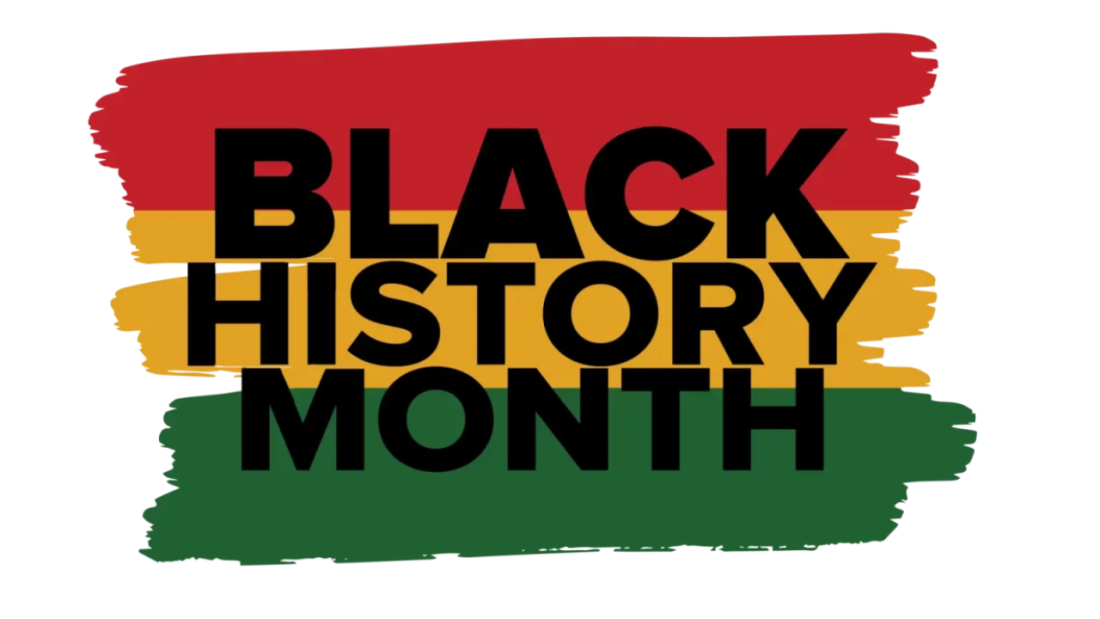Black History Month, also known as National Black History Month, is observed in February as a time for all Americans to celebrate the accomplishments of African Americans.
It began as a way of remembering important figures and events in the history of the global African diaspora. Initially lasting only a week, it expanded to a month-long observance in 1970.
It is celebrated in February in the U.S. and Canada, where it has received official recognition from the government. More recently, it has been observed in Ireland and the United Kingdom, where it takes place in October. In addition, the month recognizes the central role of African Americans in history.
Other countries, including Canada and Britain, have also set aside months to honor Black history.
The Association for the Study of African American Life and History, known today, originally founded Negro History Week in 1926. The second week of February was chosen to coincide with the birthdays of President Abraham Lincoln and Frederick Douglass.
By the late 1950s, thanks in part to the civil rights movement and a growing appreciation of Black identity, Negro History Week had expanded into Black History Month. During the following decades, its popularity grew, with U.S. mayors endorsing it as an official holiday.
Early in its history, African American newspapers played a vital role in supporting the observance. From its inception, emphasis was placed on encouraging the teaching of Black history in the nation’s public schools. The first Negro History Week was met with strong support from education departments in states such as North Carolina, Delaware, and West Virginia, as well as city school officials in Baltimore, New York City, Philadelphia, and Washington, D.C. Despite limited initial participation, Carter G. Woodson, the event’s founder, considered it one of the most successful steps ever taken by the association, and plans for its annual observance continued.
Woodson emphasized that teaching Black history was essential to ensuring the cultural and intellectual survival of African Americans in broader society.
In 1929, The Journal of Negro History—now known as The Journal of African American History—reported that, with only two exceptions, education officials in “every state with a considerable Black population” had officially recognized the event. Churches also played a key role in distributing educational materials in partnership with Negro History Week, with the Black press further amplifying awareness.
During the 1930s, The Journal of African American History opposed the growing myth of the South’s “Lost Cause,” which falsely claimed that enslaved people were well-treated, that the Civil War was a result of Northern aggression, and that African Americans were better off under slavery.
“When you control a man’s thinking, you do not have to worry about his actions. You do not have to tell him not to stand here or go yonder. He will find his proper place and will stay in it,” Woodson said.
The magazine continued to grow in popularity, with mayors across the United States advocating for its official recognition.
In February 1969, Black students and faculty at Kent State University first proposed the idea of Black History Month. The earliest celebration took place the following year.
The weeklong event officially became Black History Month in 1976, when President Gerald Ford formally recognized it, urging Americans to commemorate the “too-often neglected accomplishments of Black Americans in every area of endeavor throughout our history.” Black History Month has been celebrated every February in the United States since.
Black History Month highlights the contributions of Black Americans to the United States, honoring individuals from all periods of U.S. history—from the first enslaved Africans brought to the Americas in the 17th century to African Americans making history today.
Some of the most frequently recognized figures during Black History Month include Dr. Martin Luther King Jr., who led the civil rights movement in the 1950s and 1960s; Thurgood Marshall, the first Black Supreme Court justice, appointed in 1967; and Mae Jemison, the first Black female astronaut to travel to space in 1992.
Since the first Negro History Week in 1926, other countries have joined the U.S. in celebrating Black history and its impact on culture, music, and art, including Canada, the United Kingdom, the Netherlands, and Ireland.
Today, Black History Month continues to encourage discussions on African American contributions to society through events such as museum exhibitions and film screenings, promoting the ongoing study and appreciation of Black history.








